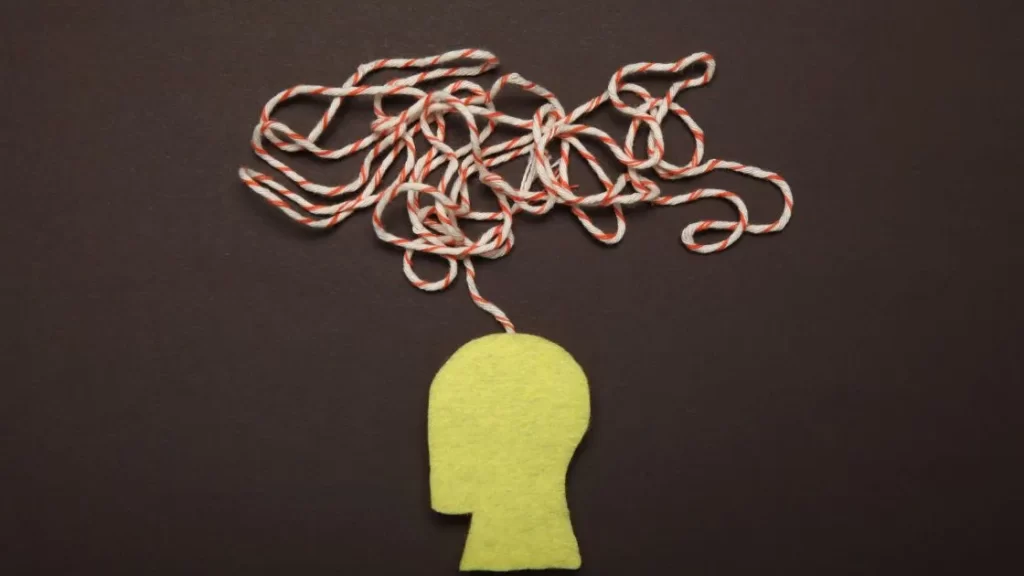In our ADHD Sweet Spot membership we are spending a few months breaking down the six main executive functions: working memory, inhibition, self-motivation, emotional regulation, planning / problem-solving, and self-awareness. This blog post will tackle the first two executive functions on this list.
Working Memory
Working memory is a critical cognitive function, and its challenges often go hand in hand with ADHD.
Working memory serves as your temporary storage system for information, a bit like a mental sticky note. It plays an integral role in many aspects of your life, such as sustaining attention, staying on track with tasks, completing activities, and managing time. It even aids in maintaining a train of thought during conversations or handling mental tasks like writing reports or solving complex problems.
- Actively use memory strategies (like memorising times tables), but this will only build memory for those specific things.
- Use routines, habits, and prompts to reduce reliance on working memory – like keeping a jug of water at your desk to remind you to drink it during the day
- Use checklists and reminders to compensate for working memory limitations
Inhibition
- Identify trouble areas and implement barriers or hurdles to create thinking time – like the idea of waiting a day or two before clicking “order” on an online shopping site
- Develop habitual responses that buy you a couple of seconds of thinking time – try saying “hmmm, let me think about that”
- Use medication to increase inhibition (there is evidence supporting this)
- Create systems that cushion the impact of impulsivity, like having a low limit on a debit card
- Learn to apologise if needed, without spiralling into shame
How to make changes
The best way you can achieve any of these changes is in a safe, supportive, and accountable space. When you have hands on support planning and implementing your lifestyle changes, you will have far more success. And that is exactly what the ADHD Sweet Spot membership offers. We meet three times a week for coaching and executive function training to make sure that all the incredible content we learn actually gets implemented! Click here to find out more.




